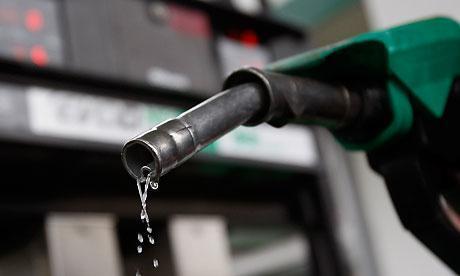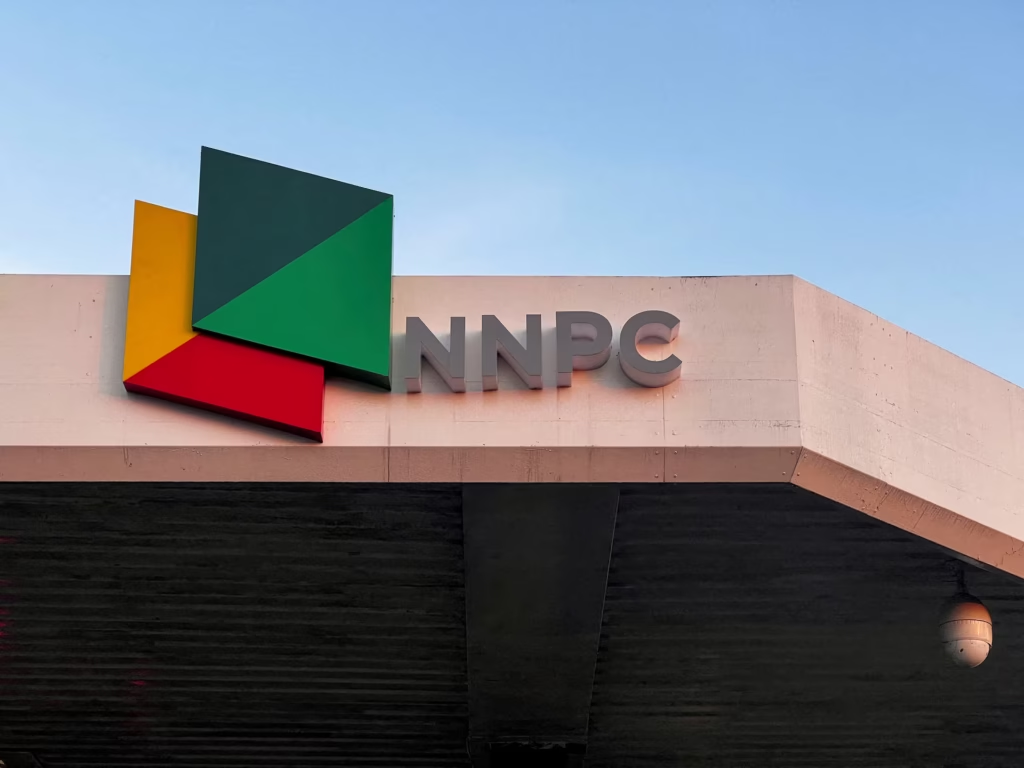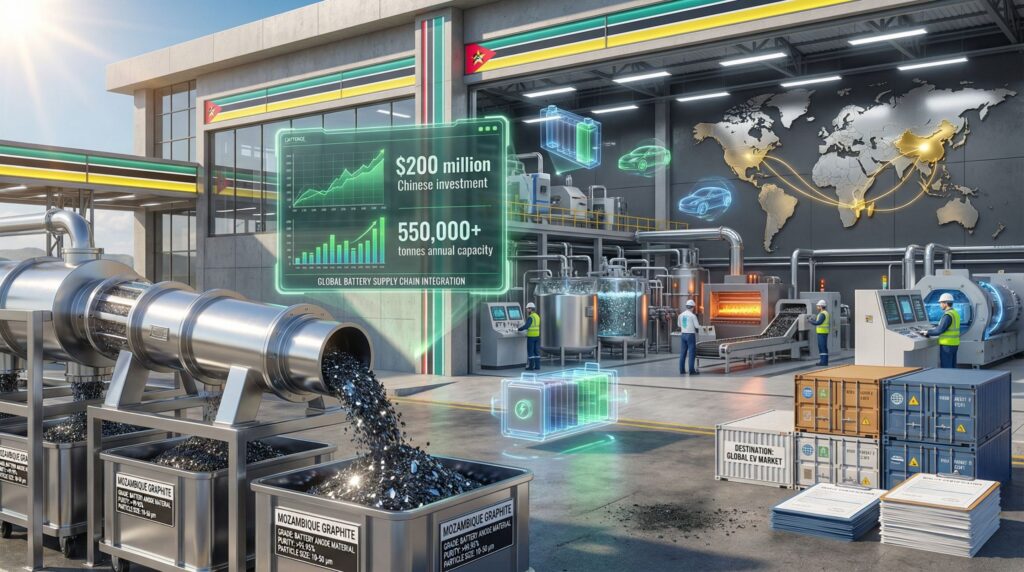
Recent reports reveal Nigeria’s debt to gasoline suppliers has skyrocketed to over $6 billion, doubling from early April figures, as state-owned NNPC struggles to manage the gap between fixed domestic pump prices and volatile international fuel costs, according to six industry sources.
President Bola Tinubu’s decision last year to terminate costly fuel subsidies led to a tripling of pump prices initially.
However, NNPC promptly imposed price caps to ease public discontent amid soaring living costs, effectively reintroducing a form of subsidy.
This move, compounded by a sharp depreciation of the naira, has contributed to the resurgence of subsidies estimated to incur at least $3.7 billion this year alone.
Critics, including analysts, NGOs, and some government officials, have long condemned fuel subsidies as both wasteful and corrupt.
Nevertheless, many Nigerians, who receive minimal government services, view affordable fuel as a fundamental entitlement, particularly amidst the current economic hardships.
In response to NNPC’s mounting debt, which includes overdue payments exceeding $4 billion-$5 billion for January imports alone, several gasoline suppliers have ceased participating in recent tenders. Sources indicate these suppliers have reached their self-imposed credit limits with Nigeria and will withhold further shipments until outstanding payments are settled.
Traders, accustomed to operating in risky markets, typically establish credit limits to mitigate exposure risks. Consequently,
Nigeria’s gasoline import tenders for June and July have reportedly decreased in scale. NNPC is anticipated to import approximately 850,000 tonnes in July, down from the usual 1 million tonnes in previous months, according to insider information.
The situation has already started to impact fuel availability, as renewed queues form at filling stations in Lagos. Nigeria, despite being Africa’s largest oil producer, imports nearly all its fuel due to chronic neglect of domestic refineries. The country’s newly commissioned Dangote refinery, capable of processing 650,000 barrels per day, has yet to produce marketable gasoline, focusing instead on exporting other refined products.
With scant fiscal reserves and ongoing issues of corruption and financial mismanagement eroding decades of oil revenues, NNPC faces significant constraints. The company has resorted to mortgaging a substantial portion of its oil cargoes to raise immediate cash, further limiting its operational flexibility.
In a bid to bolster foreign exchange reserves, NNPC secured a record $3.3 billion oil-backed loan in late 2023 from Afreximbank and a consortium of traders, including Gunvor. Despite these efforts, the escalating gasoline debt underscores Nigeria’s precarious financial position and the challenges ahead in stabilizing its energy sector amidst broader economic pressures.




